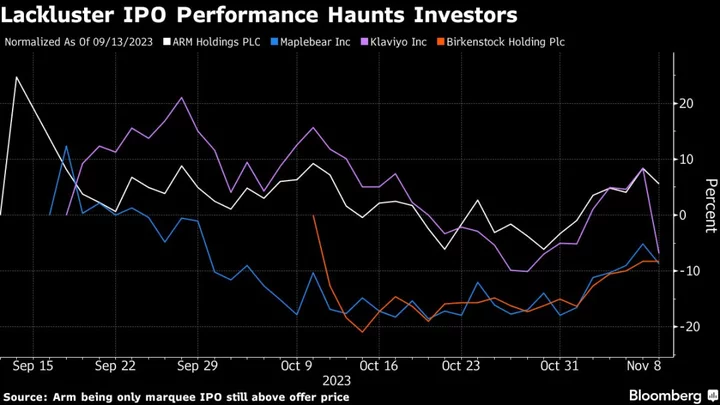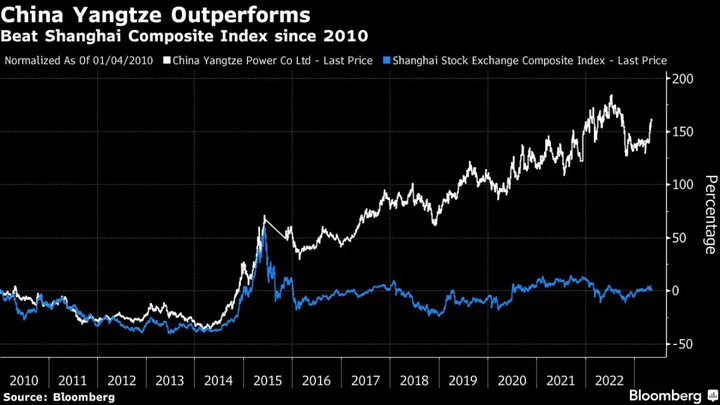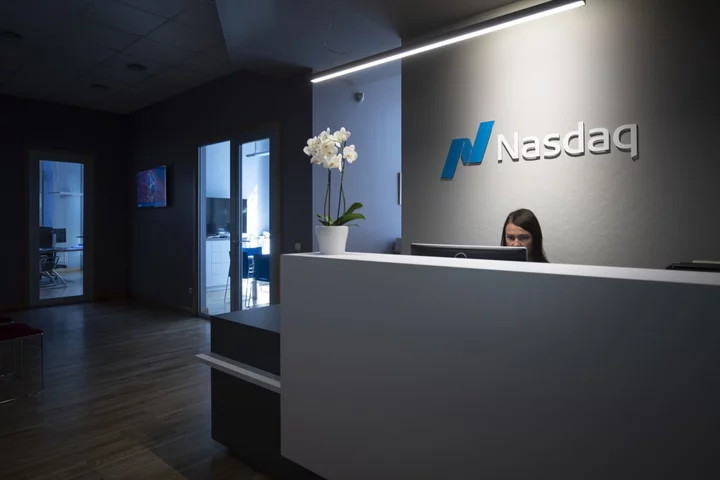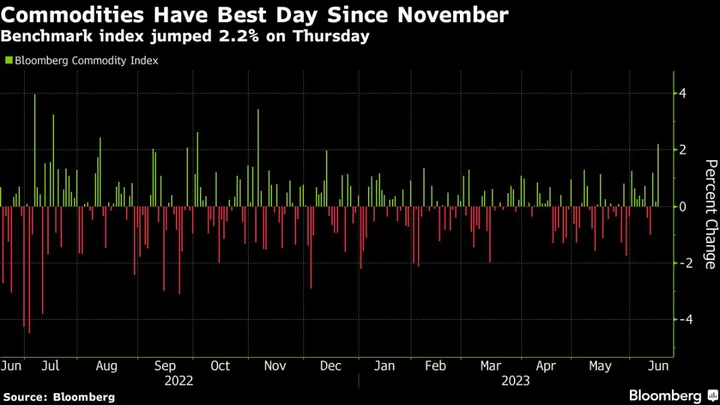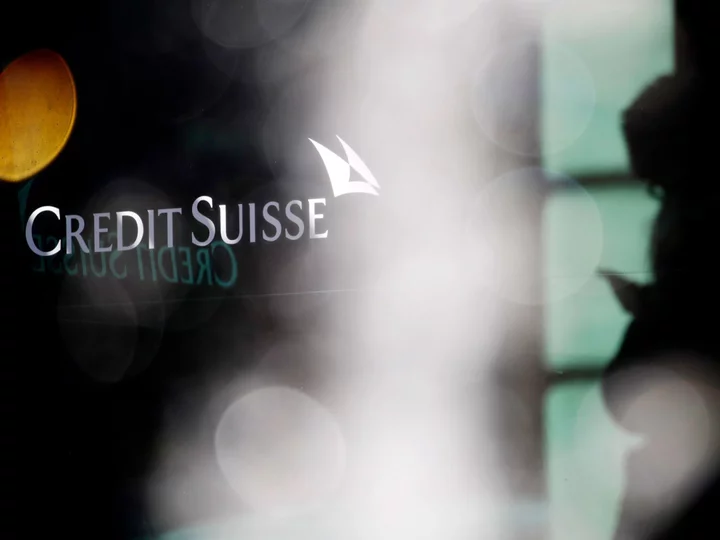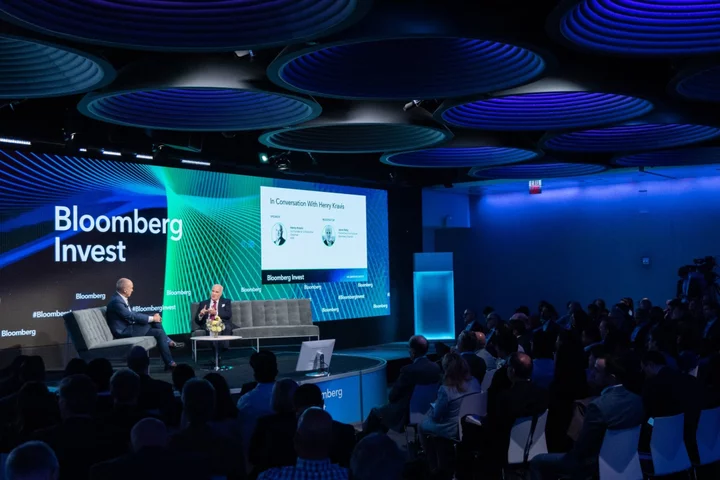Underwriters are pushing such a cautious approach to initial public offerings that it may be backfiring, contributing to the disappointing performance of recent listings.
Banks have increasingly taken the conservative route of having a smaller float and allocating most of the book to long-term investors like mutual funds. That approach, said Kristen Grippi, Evercore’s head of equity capital markets, may deter portfolio managers from buying the shares in the aftermarket.
“If I am only able to address $200 million to $300 million of public float because anchor investors took most of it in an IPO,” that means “liquidity is going to be pretty bad,” Grippi said at the ICR Capital’s IPO Symposium. “If someone decides to sell, there will be an illiquidity discount.”
It used to be typical for issuers to sell up to 20% of their company in an IPO, but since the market tanked last year, listings are closer to 10% or less.
In the most extreme case, Instacart floated only 8% of its stock, and about 60% of its $660 million offering was already taken up by cornerstone investors including Norges bank Investment Bank and Sequoia Capital, before opening up to other institutional investors and the public.
Another newcomer, Birkenstock Holding Plc, allocated 90% of its $1.5 billion offering to a highly concentrated group of 25 long-only investors, while Klaviyo allocated 80% of its $576 million order book to its top 25 clients.
Instacart rose on its debut, but has been trending lower since then, and Birkenstock slumped 13% in the worst opening for a New York listing of $1 billion or more in over two years. Birkenstock’s performance quashed hopes among investors and bankers that the window for sizable IPOs would remain open through year end.
Nick Einhorn, the director of research at Renaissance Capital, said that recent IPOs have decent trading volume, with Instacart’s at over a million shares most days and Arm Holdings at several million.
Still, “Birkenstock traded 15.7 million shares on its first day, just under half of the number of shares sold in the IPO, which is on the low side across all IPOs,” he said. The long-term average is about 60%.
Einhorn added that “true illiquidity issues” often happened with very small IPOs of less than $50 million.
Sacks Parente Golf, which raised $13 million in August, jumped 624% on its first day of trading, but is now trading well below its $4 offer price, he said. ReAlpha Tech, which had a direct listing late October, reached an intraday high of $575 on its first day of trading, before slumping to $100 a day later. It is now at trading below $7.

